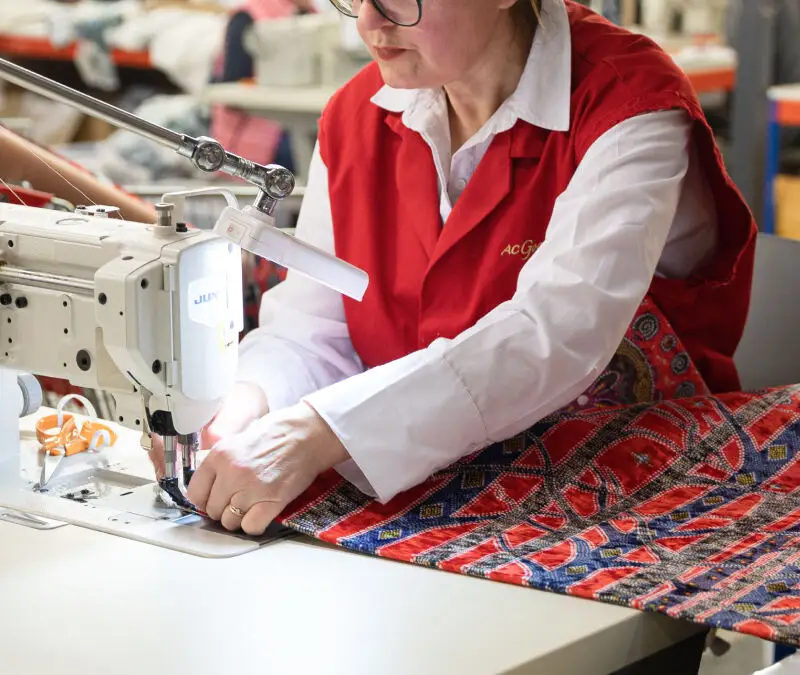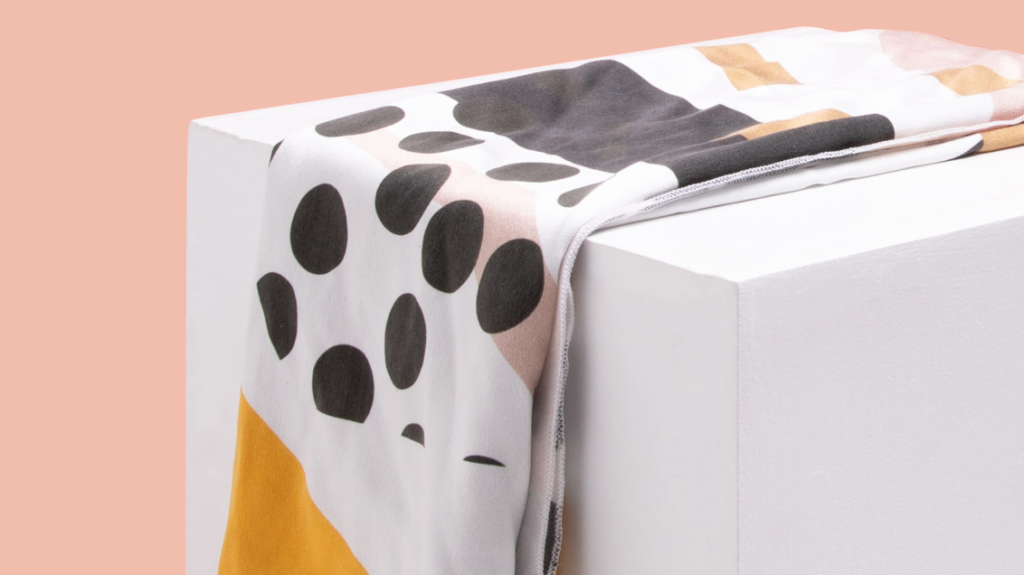Sustainability, the fashion industry is undergoing a revolutionary shift. The significance of sustainable materials cannot be overstated. As consumers become more aware of the environmental impact of fashion, the demand for sustainable alternatives is on the rise. It’s time to embrace this transformative wave and revolutionise the way we view and approach fashion.
The Rise of Sustainable Materials in Fashion
The fashion industry is experiencing a surge in demand for sustainable materials, driven by the growing awareness and concern for the environment. Consumers are no longer satisfied with just trendy designs; they want their clothes to reflect their values. Sustainable materials play a pivotal role in reducing the industry’s carbon footprint, minimizing waste, and promoting ethical practices.
Understanding Sustainable Materials
Sustainable materials encompass a range of characteristics that set them apart from conventional options. These materials are sourced from renewable resources, ensuring that their production does not deplete or harm the environment. They have a low environmental impact throughout their life cycle, from sourcing to disposal. Ethical production practices ensure fair treatment of workers and support local communities. Examples of commonly used sustainable materials include organic cotton fabric, recycled polyester fabric, and hemp fabric.
Organic Fabrics: Nurturing the Environment
Organic fabrics, such as organic cotton fabric, linen fabric, and bamboo fabric, provide a nurturing touch to the environment. Unlike their conventional counterparts, these fabrics are cultivated using natural methods that avoid harmful pesticides and chemical fertilizers. The benefits are manifold: improved soil health, reduced water consumption, and a safer working environment for farmers. By choosing organic fabrics, we can make a tangible difference in the fashion industry’s impact on the planet.
Recycled and Upcycled Materials: Giving Waste a New Life

Recycling and upcycling have emerged as powerful tools in the sustainable fashion movement. Instead of letting waste go to landfill, innovative processes transform discarded materials into new textiles. This approach significantly reduces resource consumption and minimises the negative environmental consequences of fashion production. From upcycled denim to recycled plastic bottles turned into fabric, visionary brands and designers are paving the way for a waste-free future.
Plant-Based Fibers: Nature’s Gifts to Fashion
Plant-based fibres, including Tencel fabric, Modal fabric, and Piñatex fabric, offer a unique blend of sustainability and style. Derived from renewable resources like wood pulp and pineapple leaves, these fibres boast exceptional eco-friendly qualities. They are known for their softness, breathability, and moisture-wicking properties. As fashion evolves, plant-based fibres are taking centre stage, proving that nature’s gifts can indeed shape a fashionable and sustainable wardrobe.
Innovative Sustainable Materials: Pushing Boundaries
The quest for sustainable fashion has sparked remarkable innovations, pushing the boundaries of material possibilities. Mushroom leather, seaweed fabric, and orange fiber are just a few examples of cutting-edge materials that hold immense potential for transforming the fashion industry. These unconventional materials offer unique characteristics, such as biodegradability, lightweight construction, and natural dyeing properties. By embracing innovation, we open doors to a truly sustainable future.
Sustainable Materials and Fashion Trends
The integration of sustainable materials with current fashion trends is key to making sustainable fashion accessible and desirable. Designers are showcasing the limitless possibilities of eco-friendly fabrics, proving that style and sustainability can go hand in hand. By incorporating sustainable materials into their collections, fashion brands are setting new trends and inspiring consumers to make conscious choices without compromising on style.
Ethical Sourcing and Fair Trade Practices
Ethical sourcing is a crucial component of sustainable materials. It ensures that the materials we use are produced under fair trade practices, safeguarding the rights and well-being of workers involved in the supply chain. Brands and organisations that prioritise ethical sourcing contribute to creating a fashion industry that values transparency, equality, and social responsibility. By supporting these initiatives, we empower both the workers and the communities behind our garments.
Challenges and Future of Sustainable Materials

Adopting and scaling sustainable materials in the fashion industry comes with its fair share of challenges. From supply chain complexities to technological limitations, there are obstacles to overcome. However, promising solutions are on the horizon. Advancements in technology and innovation, such as textile recycling systems and eco-friendly dyeing methods, hold immense potential for revolutionising the industry. With concerted efforts and collaboration, the future of sustainable materials in fashion looks bright.
Conclusion
The journey toward embracing sustainable materials in fashion has only just begun. We have explored the rising demand for sustainability, the characteristics of sustainable materials, and the impact they have on the environment. From organic fabrics to plant-based fibres, recycled materials, and innovative alternatives, sustainable materials are reshaping the fashion landscape. By choosing and supporting these materials, we contribute to a fashion industry that embraces environmental consciousness, ethical practices, and a brighter future for our planet. Let us embark on this revolution together and redefine fashion for the better.





